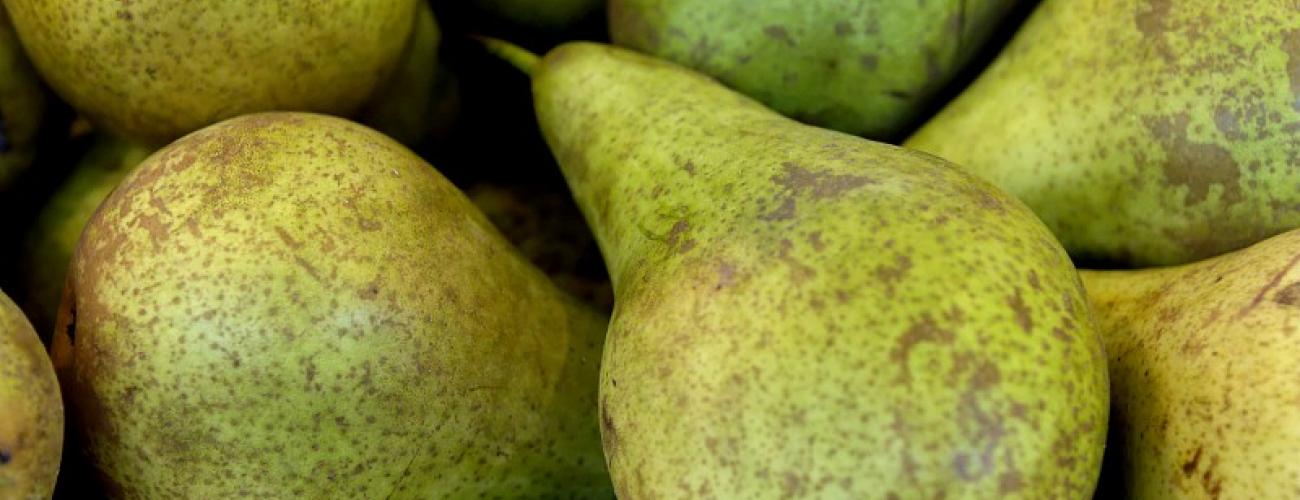
Poires sur un marché parisien
©Terra - Laurent Mignaux
Nutrition and Food sciences (NSA)
Advantage of the programme
-
Key issues for agrifood and bioproducts industries, local authorities (control, evaluation and research organisations)
-
Disciplinary knowledge and working methods usable in different sectors
Ensuring the quality and safety of bioproducts is a major challenge for our society. It is important to better understand the determinants of epidemiological profiles in populations, to limit the use of potential harmful components or in the contrary to promote health-seeking products without risk.
The master focuses on issues in which agrifood industries and bioproduct sector as well as public authorities and control, evaluation and research organisations are interested.
The course addresses, In particular, recent scientific and methodological issues related to the design and formulation of food and other bioproducts, their processing, the relationship between food and health, nutrition, health risk analysis and toxicology related to food and the environment.
AgroParisTech coordinatent the Master Nutrition and Food Sciences (NSA) on behalf of University Paris-Saclay. AgroParisTech's teachers and researchers take part in year 1 and 2.
FIPDes is an Erasmus Mundus Joint Master Degree, in partnership with the universities of Lund (Sweden), of Naples (Italy) and of Cork (Ireland).
Part-time studying is possible in year 1 and in three tracks in master 2: IPP, NS and MGB.
Master 1
A transversal approach from cellular biology to food processing
Master 2, tracks:
Train students who will be able to implement evaluation methods related to food safety and to conduct a risk analysis on the production chain.
Tackle global challenges in food innovation (design product, packaging) défis globaux de l'innovation dans l'alimentation (conception de produits, packagin) en adoptant une approche holistique et transdisciplinaire.
Initiate students by research to issues like food processing (and cosmetics) - from formulation to appreciation by the consumer.
Deep knowledge in microbiology, biological engineering and microbial biotechnology.
Train students who are able to work in France or worldwide in research organisations, quality and regulation agencies as well as companies in the sector of food and health.
Train diverse students (biologists, medical students, pharmacy students, agronomists, engineers for environment and chemists) as well as professionals in the sector of environmental toxicology.
More information on FIPDES
A programme

Accreditation(s)
In partnership with
Language
French: M1 (NSA), M2 (ARSA, NS, TES)
English: FIPDes
French/English: M2 (IPP, MGB)
Contact
FIPDES : Barbara Rega
